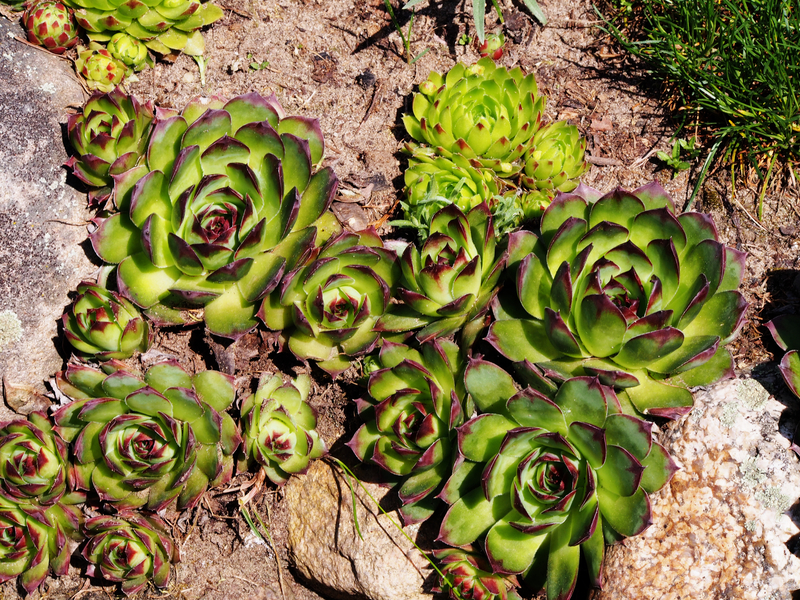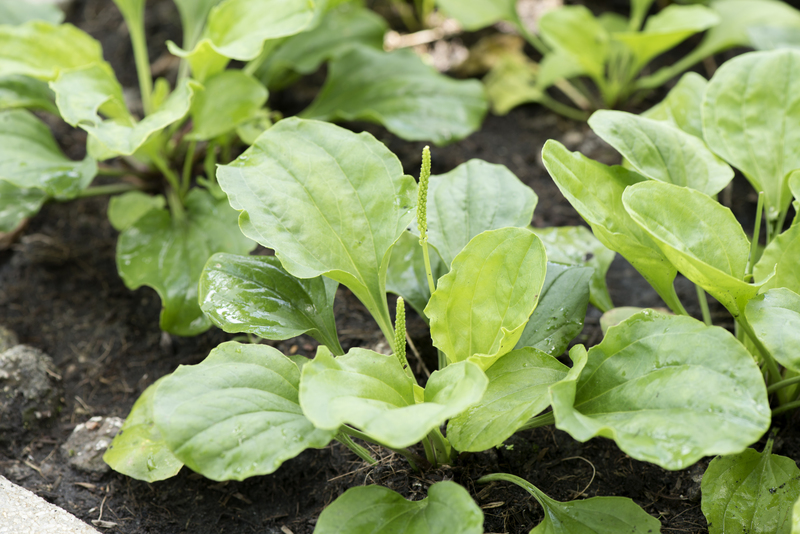Seasonal Guide to Adding Manure to Gardens
Posted on 25/06/2024
Properly adding manure to your garden can considerably enhance its fertility and productivity. Understanding when and how to use manure is crucial for achieving the best results. In this guide, we will explore seasonal strategies for incorporating manure into your garden, ensuring you make the most of this invaluable natural fertilizer. You'll also find tips, pros and cons of using manure, key takeaways, and a succinct conclusion.
Spring: Preparing for Growth
Spring is the time when gardens wake from their winter slumber. Adding manure during this season prepares the soil for planting. However, timing is key. Manure should be well-aged to prevent nitrogen burning and spread a few weeks before planting.

Summer: Maintaining Health
During summer, the goal shifts to maintaining plant health. While fresh manure should be avoided, composted manure can be fantastic for mid-season feeding. It provides a slow release of nutrients ensuring continuous plant health. Top-dress around plants with a thin layer, and water thoroughly to integrate with the soil.
Fall: Preparing for Dormancy
Fall is all about preparing the garden for the upcoming winter. Adding manure in fall helps replenish nutrients that have been depleted during the growing season. This gives time for the manure to break down over winter, enriching the soil without the risk of harming plants with excess nitrogen.
Winter: Strategic Composting
Winter is not typically a season for direct application of manure. Instead, consider composting manure during this time. Create a compost heap with manure mixed with leaves and garden clippings. By spring, you'll have nutrient-rich compost ready for use.
Tips for Using Manure
It's important to use manure properly to avoid potential issues. Here are some tips for maximizing its benefits:
- Use well-composted manure: Fresh manure can harm plants; composted manure is safer and more nutritious.
- Test your soil: Before applying, know the nutrient needs of your soil to avoid over-fertilizing.
- Avoid root-heavy plants: Manure can sometimes contain pathogens harmful to root vegetables. Use with discretion.
- Mention of animal type: Different animals produce manure with varied nutrient compositions. Chicken manure is rich in nitrogen, while horse manure improves soil texture.
Pros and Cons of Using Manure
When considering manure, it's essential to understand both its benefits and drawbacks:
Pros
- Enhances soil fertility
- Improves soil structure and water retention
- Provides a slow-release of nutrients
- Environmentally friendly by recycling waste
Cons
- Can introduce weeds if not composted properly
- May contain pathogens harmful to certain crops
- Requires careful handling to avoid nitrogen burn
- Odor can be unpleasant

Key Takeaways
- Add manure during spring for a nutrient boost before planting.
- Use composted manure in summer for plant maintenance.
- Apply manure in fall to allow for breakdown over winter.
- Compost manure during winter for spring use.
- Consider the pros and cons, and follow best practices to avoid issues.
Conclusion
Using manure effectively enhances the fertility and structure of your garden soil, resulting in healthier plants and better yields. By following this seasonal guide, you can optimize manure application to suit your garden's needs throughout the year. Make informed choices, and your garden will reap the rewards of this natural fertilizer for seasons to come.












